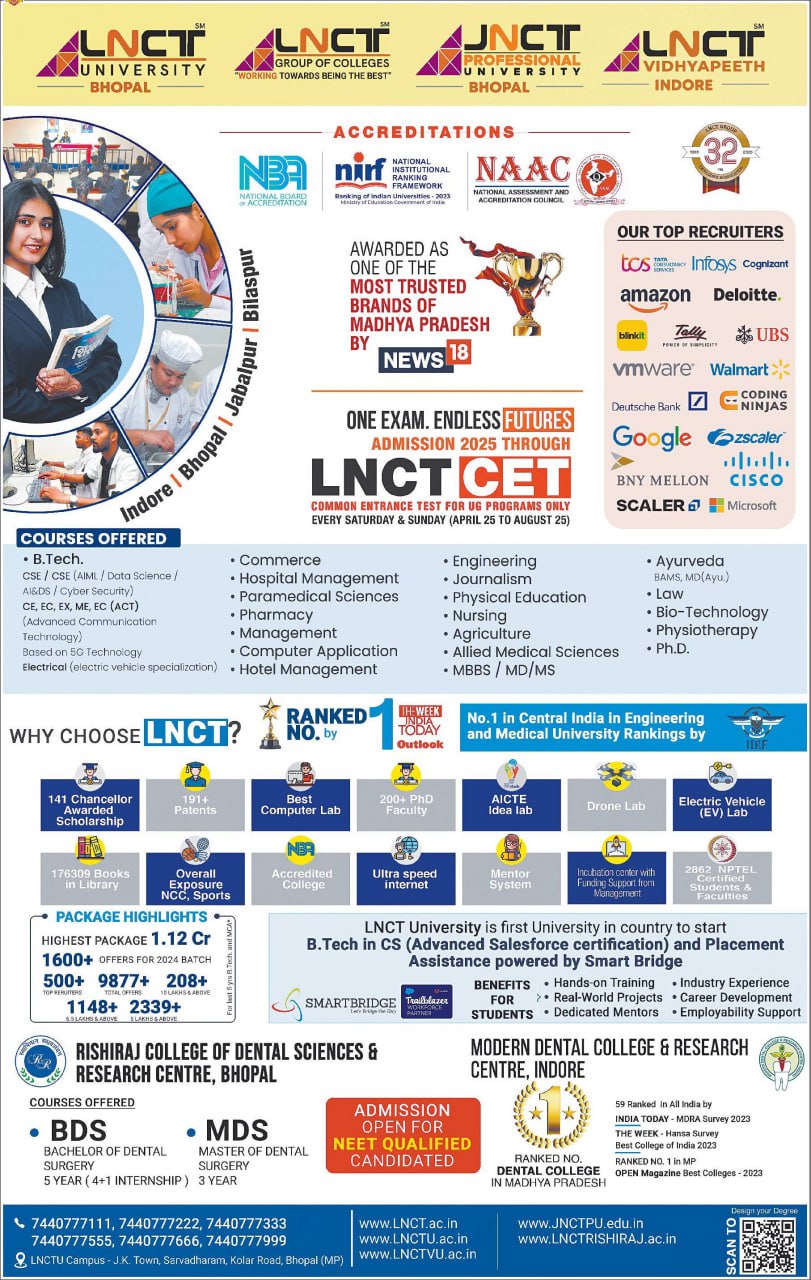CNN Central News & Network–ITDC India Epress/ITDC News Bhopal: Two French tourists traveling to Nepal on bicycles recently found themselves lost in Bareilly, Uttar Pradesh, after following directions on Google Maps. The couple, who had embarked on an adventurous journey to Nepal, relied on the navigation app to guide them through unfamiliar roads. However, a wrong turn led them to a remote area in Bareilly instead of their intended route.
Local residents noticed the confused tourists and approached them to offer assistance. Language barriers initially posed a challenge, but with the help of translation apps and gestures, the locals managed to understand their predicament. The tourists shared that they were on their way to Nepal and had been cycling for several days before losing their way.
The incident highlights the limitations of digital navigation tools, particularly in rural and less-mapped areas. While Google Maps is a popular tool for travelers, its accuracy can vary depending on the region. In this case, the app reportedly directed the tourists onto a less-traveled route that led them off course.
Upon learning of their situation, local authorities and residents came together to help the couple find their way back to the correct route. They provided them with food, water, and directions to rejoin the main road leading to Nepal. The tourists expressed their gratitude for the warm hospitality and assistance they received in Bareilly.
This incident sheds light on the importance of verifying routes when traveling to unfamiliar destinations, especially in areas where road connectivity and mapping may be less reliable. Travelers are advised to carry physical maps as a backup and seek local guidance when navigating rural regions.
The adventurous spirit of the French tourists and their reliance on cycling as an eco-friendly mode of transport resonated with the local community, who admired their dedication to exploring different parts of the world. Stories like these also showcase the value of cultural exchange and the kindness of strangers, bridging gaps between people from different countries.
Bareilly, a city known for its historical significance and rich culture, became an unexpected pitstop for the travelers. The locals viewed their arrival as a chance to interact with international tourists and learn about their experiences. For the tourists, the detour became a memorable part of their journey, marked by the warmth and generosity of the people they encountered.
Google Maps, despite its occasional inaccuracies, remains a widely used tool for navigation. However, incidents like these remind us that technology cannot always account for on-ground realities. Whether due to incomplete mapping data, road closures, or other factors, travelers should remain cautious and prepared for unexpected situations.
As the tourists resumed their journey toward Nepal, the experience served as a learning moment for both them and the locals. It emphasized the need for cross-cultural understanding and the role of community support in ensuring safe travel experiences. Such stories inspire travelers to embrace the unpredictable nature of exploration while reminding them to stay equipped for challenges along the way.
This incident has also sparked discussions about the importance of improving digital mapping in rural and remote areas to prevent such mishaps. Authorities could collaborate with tech companies to ensure more accurate navigation tools, especially for regions that attract international travelers.
The journey of the French tourists is a testament to the resilience and adaptability of adventurers who embrace the road less traveled. It also highlights the universal values of kindness, hospitality, and the human connection that transcends language and cultural differences.
Their story is a reminder that even when technology fails, humanity prevails, and the unexpected moments of a journey often turn into cherished memories.
#TravelMishap #FrenchTourists #Bareilly #GoogleMaps #CyclingAdventures #LostAndFound







